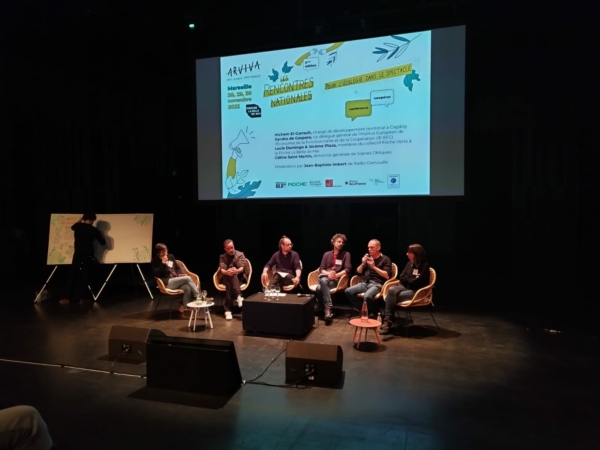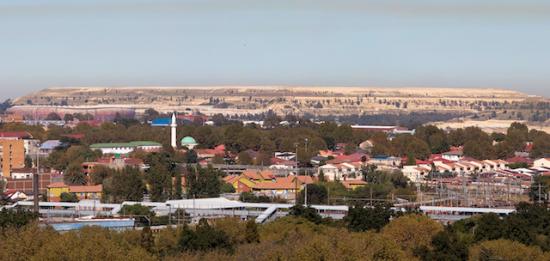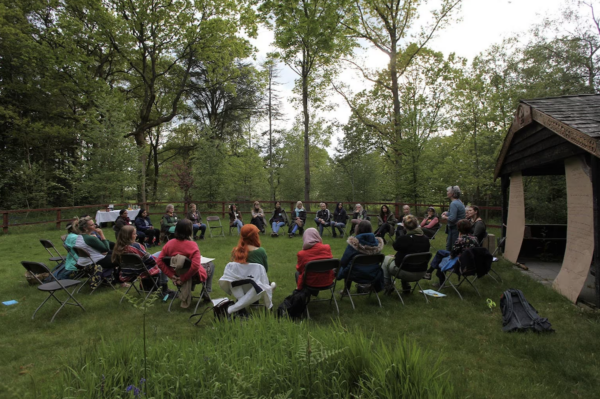
Rencontres ARVIVA #5
Metz accueille la 5e édition des Rencontres Annuelles pour l’Écologie dans le Spectacle Vivant (ARVIVA), à l’Hôtel de Région. Au…

Call for Papers
Burning questions: The quest for ‘modern’ energy sources in/for Africa
Interdisciplinary workshop: 15-16th December 2014, Bayreuth, Germany
Organised by: Uli Beisel and Julien McHardy
The workshop ‘Burning Questions’ will start to explore burning as both a theoretical lens and a central feature of human life. We invite contributions that investigate burning practices empirically and those that explore burning as a concept to think about the energetic processes by which our world is composed, ordered and transformed. We are particularly interested in work that uses empirical work on burning (preferably Africa based) to inform theoretical considerations of the term. Invited papers might deal with burning across a range of technologies and inquire for example into the following questions:
Burning or combustion has accompanied humans throughout history and combustion is still key to today’s production of electricity, heating, (auto)mobility and goods. However, in times of climate change and growing awareness of the finite nature of fossil fuel reserves, humanity’s reliance on fossilized energy sources has come under increased scrutiny. In attempts to move beyond our dependency on fossil fuels and to slow down climate change, much hope is invested in burning differentmaterials than before, as well as in burning materials differently. Attempts to burn better informs projects on biofuels, improved ovens, biomass pelleting and solar power. Burning matter however is not only important as fuel but for food too. Slash and burn agriculture, charcoal and wood related deforestation are prominent examples of burning badly, while advocates of so-called biochar argue that the carbonization of sustainably grown biomass for soil fertilization can help to capture or burry carbon from the atmosphere. Burning is also important in processing our waste, including the incineration of human and animal remains. On e-waste dumps cables from e-waste are burned to lay bare copper, contributing to the recycling of valuable raw materials. Situated in this broad context, the proposed interdisciplinary workshop explores ‘burning’, its uses, practices and meanings in society, and aims to look closely at some of the practices through which combustion is incorporated in the ‘social-energetic metabolism’ (Mitchell) of contemporary life on the African continent.
sts-africa.org/fr/blog/126-burning-questions-the-quest-for-modern-energy-sources-in-for-africa
Metz accueille la 5e édition des Rencontres Annuelles pour l’Écologie dans le Spectacle Vivant (ARVIVA), à l’Hôtel de Région. Au…
Culture Declares Emergency organise un petit-déjeuner en ligne sur les collaborations entre artistes et organisations environnementales. L’événement explore comment ces…
Clôture poétique et conviviale de l’été 2025, Le Grand Partage vous invite à une journée exceptionnelle à Zone Sensible. Entre…

